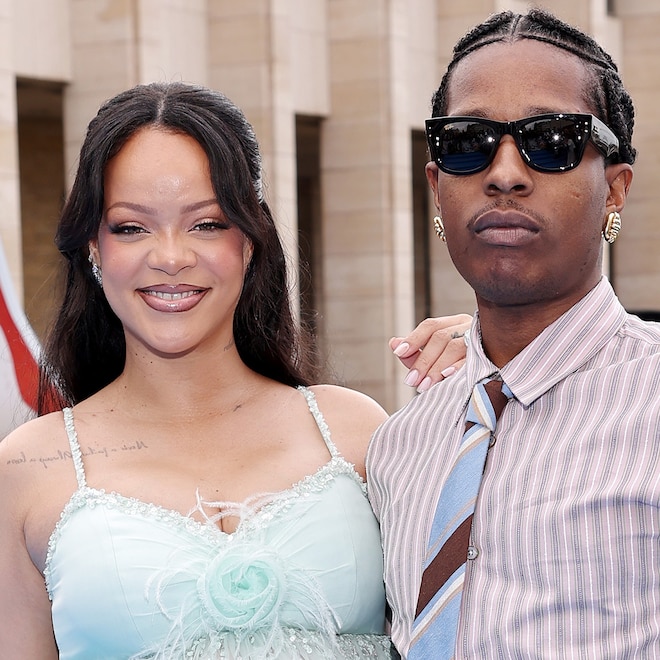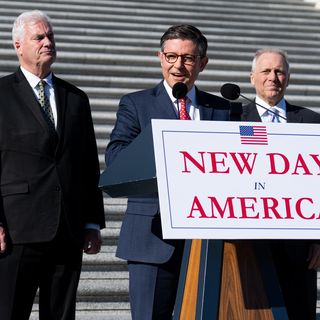Guardians starter Luis Ortiz's suspicious wild pitches at heart of MLB gambling investigation
Cleveland Guardians starter Luis Ortiz was placed on non-disciplinary paid leave hours before he was scheduled to take the mound against the Chicago Cubs Thursday, MLB announced.
While MLB didn’t disclose the nature of its investigation, ESPN reported it was related to gambling.
Two pitches thrown by Ortiz during a start are being scrutinized.
CLICK HERE FOR MORE SPORTS COVERAGE ON FOXNEWS.COM
In June, betting integrity firm IC360 relayed the two pitches to sportsbooks, according to ESPN, and the first was on June 15 against the Seattle Mariners.
The firm flagged unusual betting action on the first pitch thrown by Ortiz in the bottom of the second inning to be a ball or hit batsman. Ortiz spiked a slider into the ground far away from the strike zone.
Then, on June 27, more unusual betting action came in on a pitch from Ortiz in the top of the third inning against the St. Louis Cardinals. Once again, the bets were on a ball or a hit batsman, and Ortiz proceeded to spike another pitch the catcher couldn’t handle.
While instances like this happen to even the best of pitchers, the league is looking into the situation.
The bets came in from Ohio, New York and New Jersey, according to ESPN.
The non-disciplinary leave for Ortiz is scheduled to run through the MLB All-Star break, with games resuming for the second half July 18.
The Guardians released a statement on the matter after MLB’s announcement.
"The Guardians have been notified by Major League Baseball that Luis Ortiz has been placed on leave per an agreement with the Players Association due to an ongoing league investigation.
"The Guardians are not permitted to comment further at this time and will respect the league's confidential investigative process."
Ortiz has pitched 16 times for the Guardians this season, recording a 4.36 ERA and 96 strikeouts.
The Associated Press contributed to this report.
Follow Fox News Digital’s sports coverage on X, and subscribe to the Fox News Sports Huddle newsletter.

















